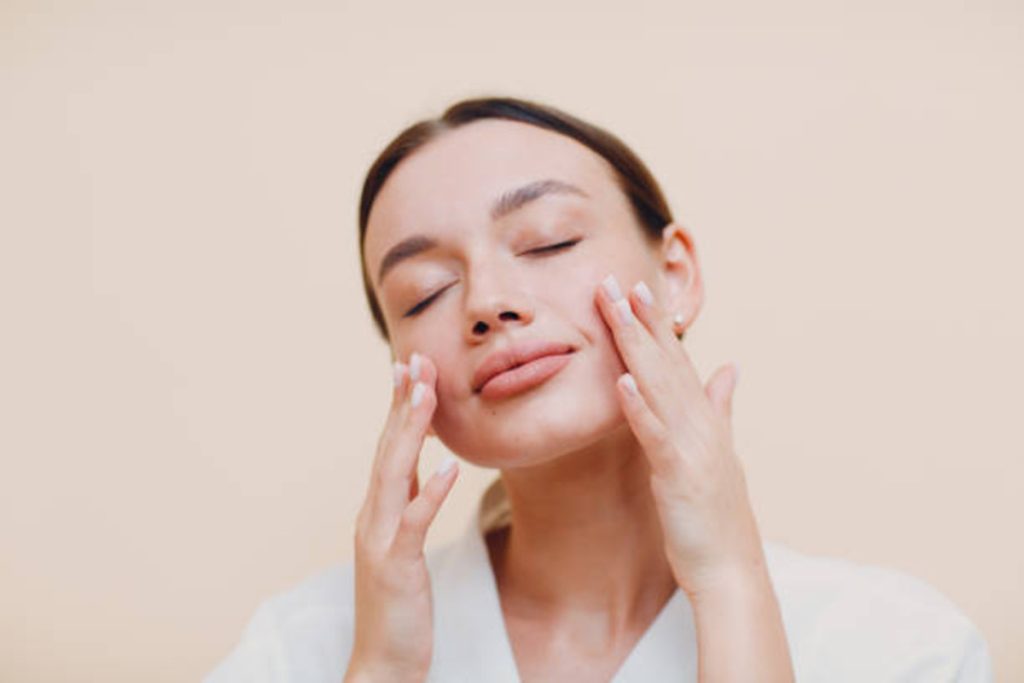Navigating the teenage years can be complex, especially when dealing with sensitive skin. Through adolescence, the body undergoes important hormonal changes that can affect the skin’s condition, making it more prone to irritation, dryness, and breakouts. Teens with sensitive skin need a skincare approach that soothes, protects, and balances without exacerbating their skin issues. This article offers guidance on creating a gentle skincare routine tailored to the needs of teens with sensitive skin, focusing on minimizing irritation and promoting skin health.
Understanding sensitive skin in teens
Sensitive skin in teenagers can manifest as redness, itching, burning sensations, and increased susceptibility to environmental factors, such as sun exposure and pollution. It’s crucial to identify triggers and ingredients that may aggravate sensitive skin to avoid them in skincare and lifestyle choices.
Key principles for sensitive teen skincare
- Simplicity is key: A minimalist skincare routine with a few well-chosen products can help reduce the potential for irritation. Look for products labeled “for sensitive skin” that are free from common irritants like fragrances, alcohol, and harsh chemicals.
- Gentle cleansing: Daily cleansing is essential to remove impurities and excess oil, but it’s important to use a mild, non-foaming cleanser. Steer clear of over-washing, which can strip your skin layer of its natural oils and lead to increased sensitivity and dryness.
- Hydration and moisture of the skin: Keeping the skin well-hydrated is critical. Opt for lightweight, non-comedogenic moisturizers that contain soothing ingredients such as aloe vera, glycerin, and hyaluronic acid. These ingredients help maintain the skin’s moisture barrier without clogging pores.
- Sun protection: Delicate skin is particularly vulnerable to UV damage. Encourage the use of broad-spectrum sunscreens with physical blockers like zinc oxide or titanium dioxide, which are less likely to irritate than chemical sunscreens. Reapply sunscreen every two hours when outdoors.
- Soothing ingredients: Incorporate skincare products that contain calming ingredients. Ingredients like chamomile, calendula, and green tea have normal anti-inflammatory properties that can help alleviate and reduce redness in sensitive skin.
Skincare tips for teens with sensitive skin
- Patch test new products: Before using a new skincare product, patch test a small area of skin to check for adverse reactions. This step is crucial for sensitive skin to prevent widespread irritation.
- Avoid physical exfoliants: Scrubs with beads or granules can be too abrasive for sensitive skin. If exfoliation is necessary, choose a gentle chemical exfoliant with lactic acid or low concentrations of salicylic acid and use it sparingly.
- Mind your makeup: Teens experimenting with makeup should select products labeled “non-comedogenic” and “hypoallergenic” to reduce the risk of clogged pores and allergic reactions. Permanently remove makeup before bedtime with a gentle makeup remover.
- Be mindful of lifestyle factors: Stress, diet, along with sleep all play a role throughout skin health. Encourage teenage years to manage stress, eat a healthy diet rich in antioxidants along with omega-3 fatty acids, and get plenty of sleep to support overall skin area health.
Sensitive skin requires a careful, thoughtful approach, especially during the teenage years when the skin is already undergoing many changes. By adhering to a gentle skincare routine and being mindful of the ingredients and products used, teens with sensitive skin can achieve balance and comfort. Educating teens on the importance of skincare and encouraging them to listen to their skin’s needs can empower them to make informed decisions that promote healthy, resilient skin throughout their teenage years and beyond.
Read also: Bioderma’s innovative solutions for managing skin pigmentation



